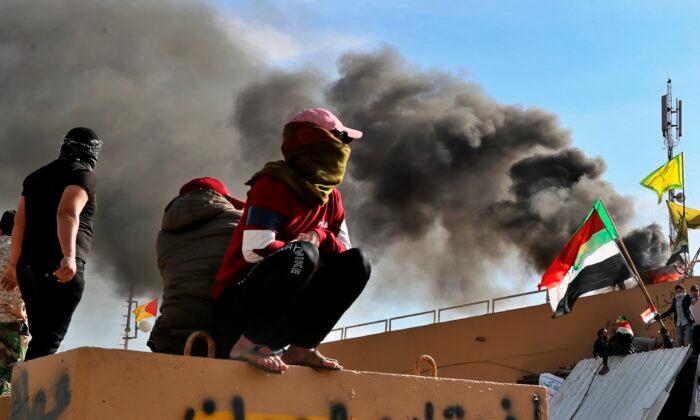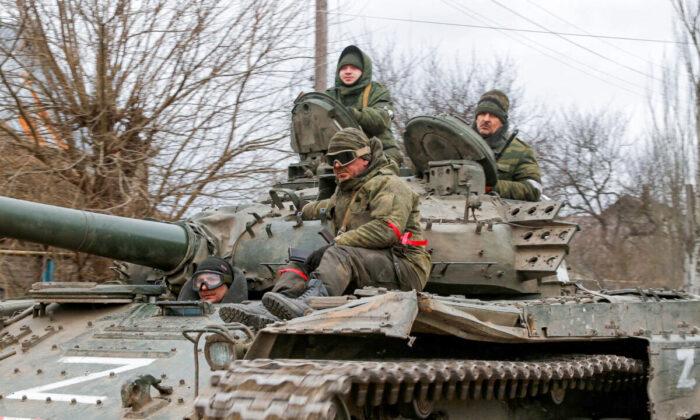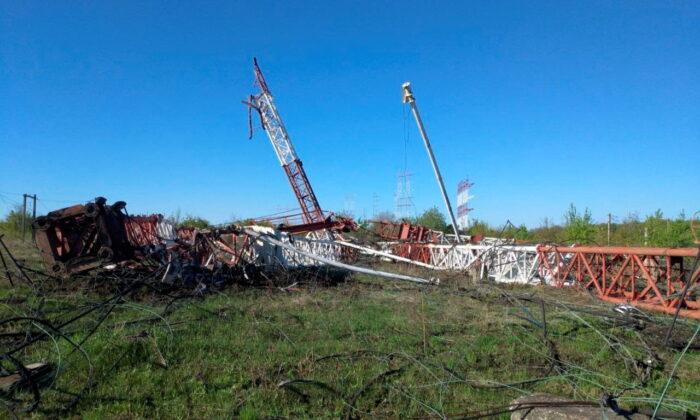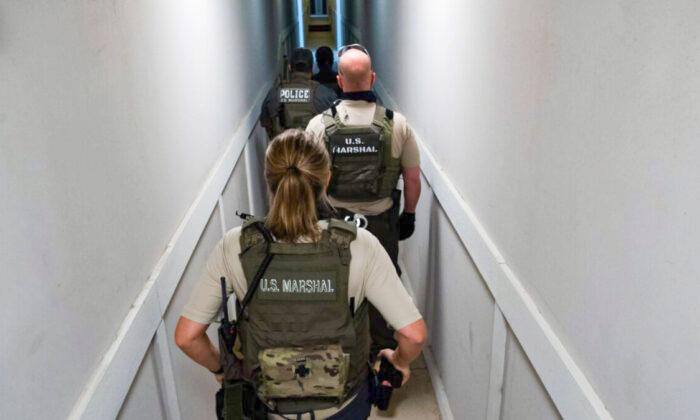The update renewed the travel advisory level to “Level 4: Do Not Travel” and listed “terrorism, kidnapping, and armed conflict” among the reasons why American travelers should avoid traveling to Iraq.
“U.S. citizens in Iraq are at high risk for violence and kidnapping,” the travel warning advised on New Year’s Day. “Numerous terrorist and insurgent groups are active in Iraq and regularly attack both Iraqi security forces and civilians.”
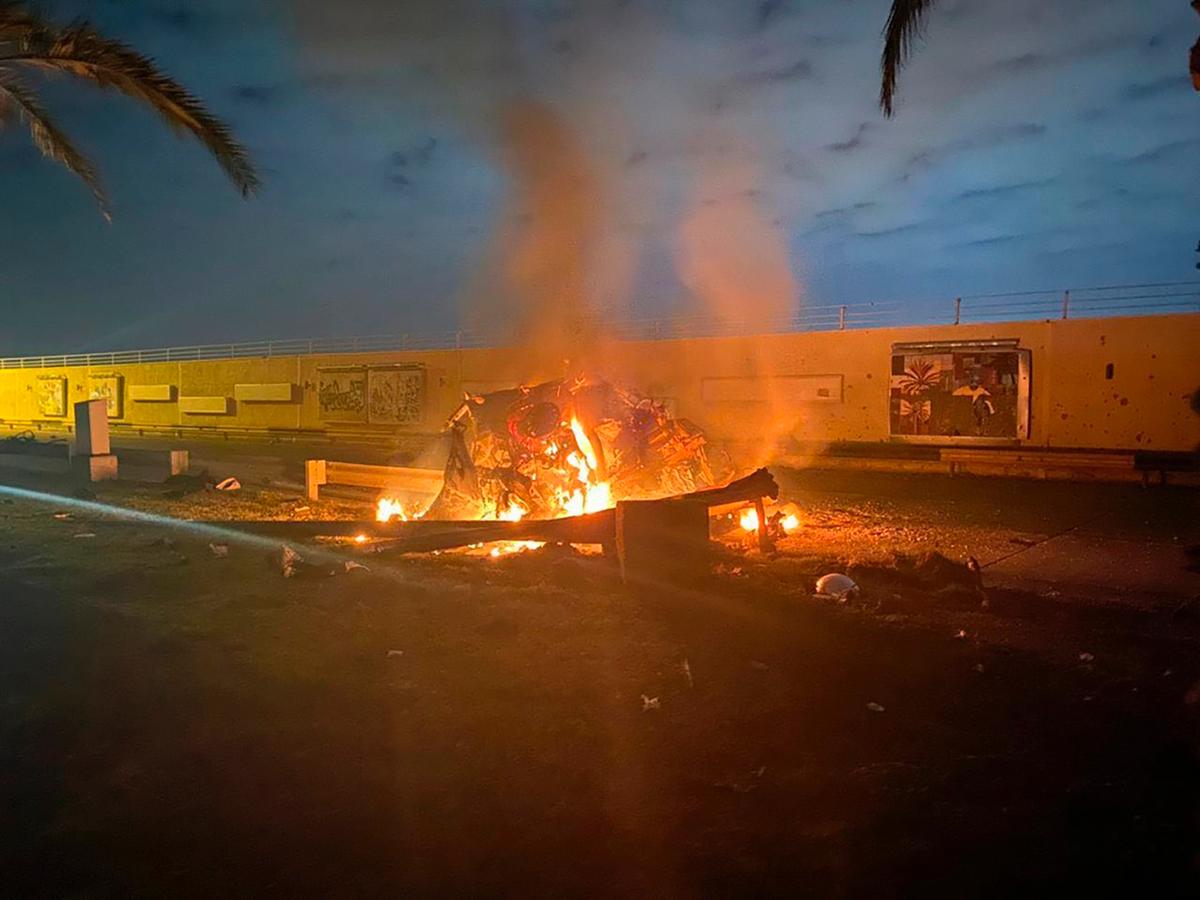
U.S. citizens and Western companies in Iraq may also be targeted and threatened by “anti-U.S. sectarian militias,” it said, adding that there is a risk of attacks by improvised explosive devices (IEDs) in many areas of the country, including Baghdad.
It noted that all public consular operations at the U.S. Embassy in Baghdad had been suspended on Jan. 1 following attacks by Iran-backed Iraqi militias and their supporters who stormed its outer perimeter, setting fires, throwing rocks, and smashing surveillance cameras.
The State Department’s travel warning added that American nationals should not go through Iraq to Syria to engage in armed conflict, as fighting on behalf of, or supporting designated terrorist organizations is a crime that can be heavily penalized with large fines and prison time in the United States.
“They would face extreme personal risks (kidnapping, injury, or death) and legal risks (arrest, fines, and expulsion),” it stated. “The Kurdistan Regional Government stated that it will impose prison sentences of up to ten years on individuals who illegally cross the border.”
For those who do decide to travel to Iraq, however, the State Department said it advised drafting a will, planning a funeral and discussing the allocation of belongings with “loved ones.”
Qassem Soleimani Killed in Baghdad Strike
Soleimani, who was the head of Iran’s elite Quds Force or Jerusalem force, was killed by an airstrike authorized by Trump, the Department of Defense confirmed late Thursday.“At the direction of the President, the U.S. military has taken decisive defensive action to protect U.S. personnel abroad by killing Qasem Soleimani, the head of the Iranian Revolutionary Guard Corps-Quds Force, a U.S.-designated Foreign Terrorist Organization,” the department said in a statement.
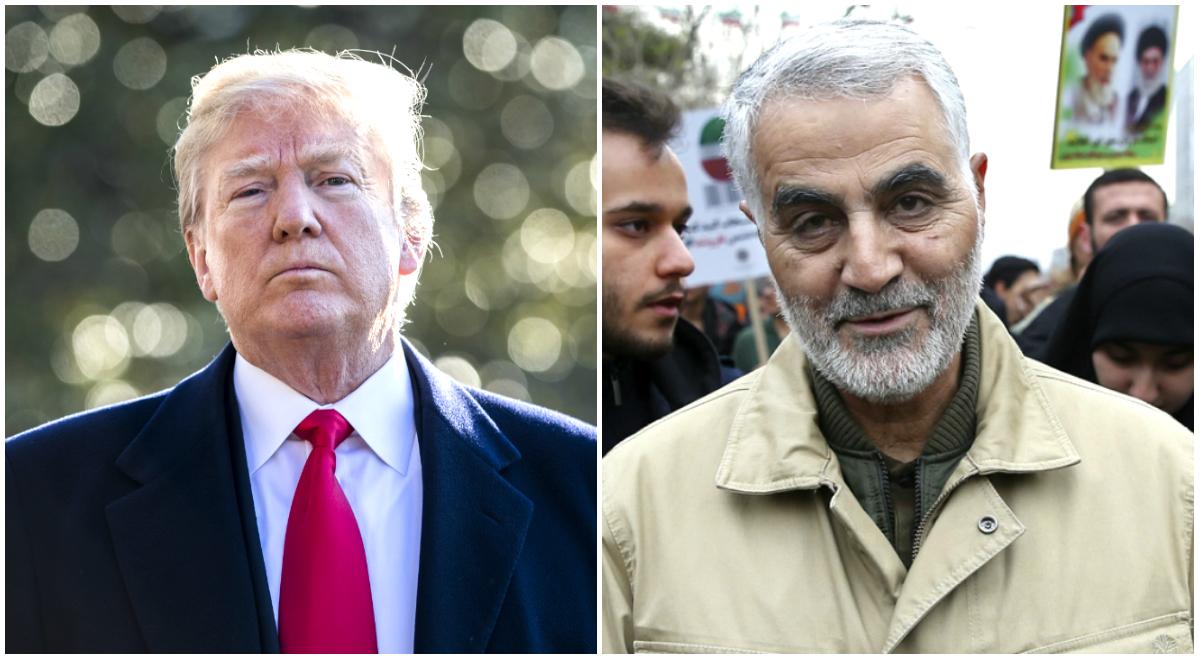
(R) Revolutionary Guard Gen. Qassem Soleimani attends an annual rally commemorating the anniversary of the 1979 Islamic revolution, in Tehran, Iran on Feb. 11, 2016. (Ebrahim Noroozi/AP Photo)
“General Soleimani and his Quds Force were responsible for the deaths of hundreds of American and coalition service members and the wounding of thousands more,” the statement continued.
According to the United States, Soleimani was responsible for orchestrating attacks on coalition bases in Iraq over the past two months, which included the attack at the military base in northern Iraq on Dec. 27.
“This strike [at Solemaini] was aimed at deterring future Iranian attack plans,” the DoD announced. “The United States will continue to take all necessary action to protect our people and our interests wherever they are around the world.”
